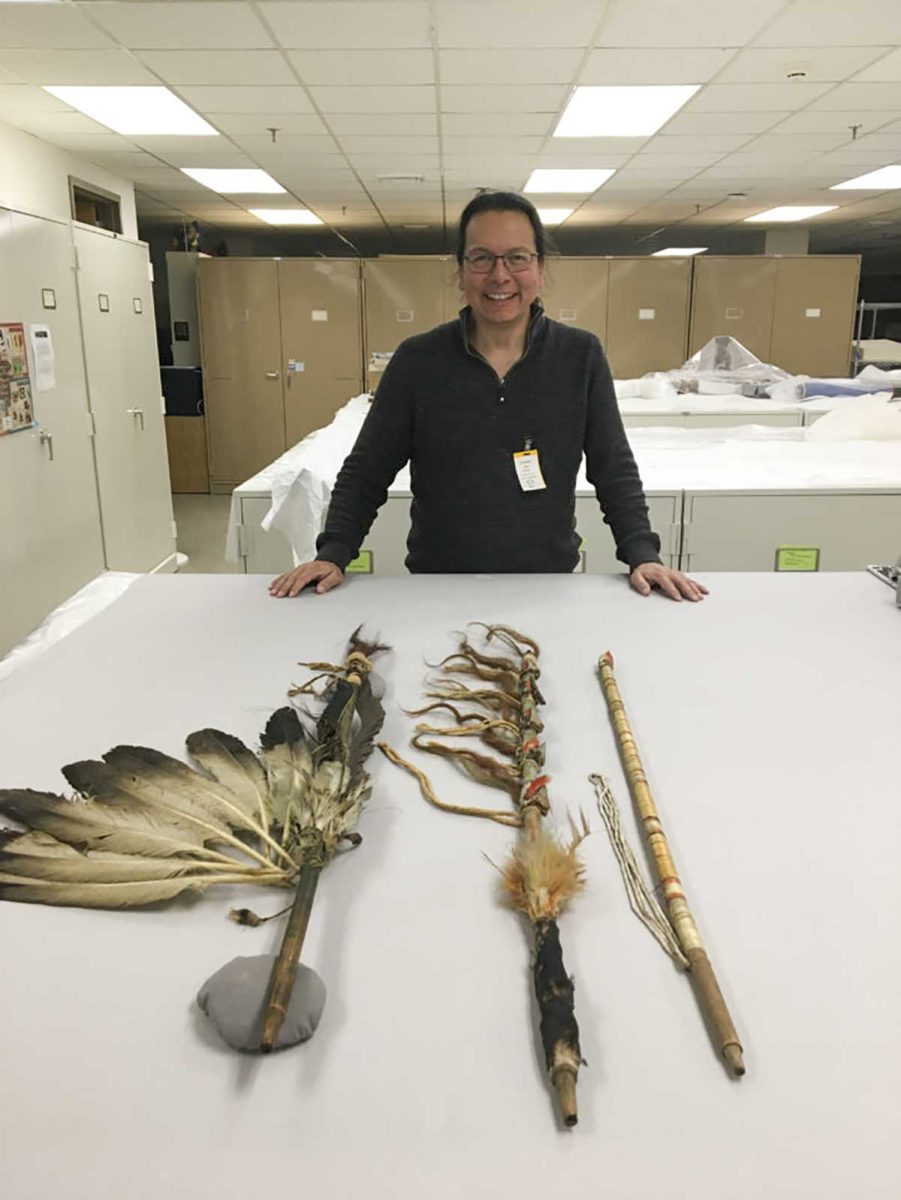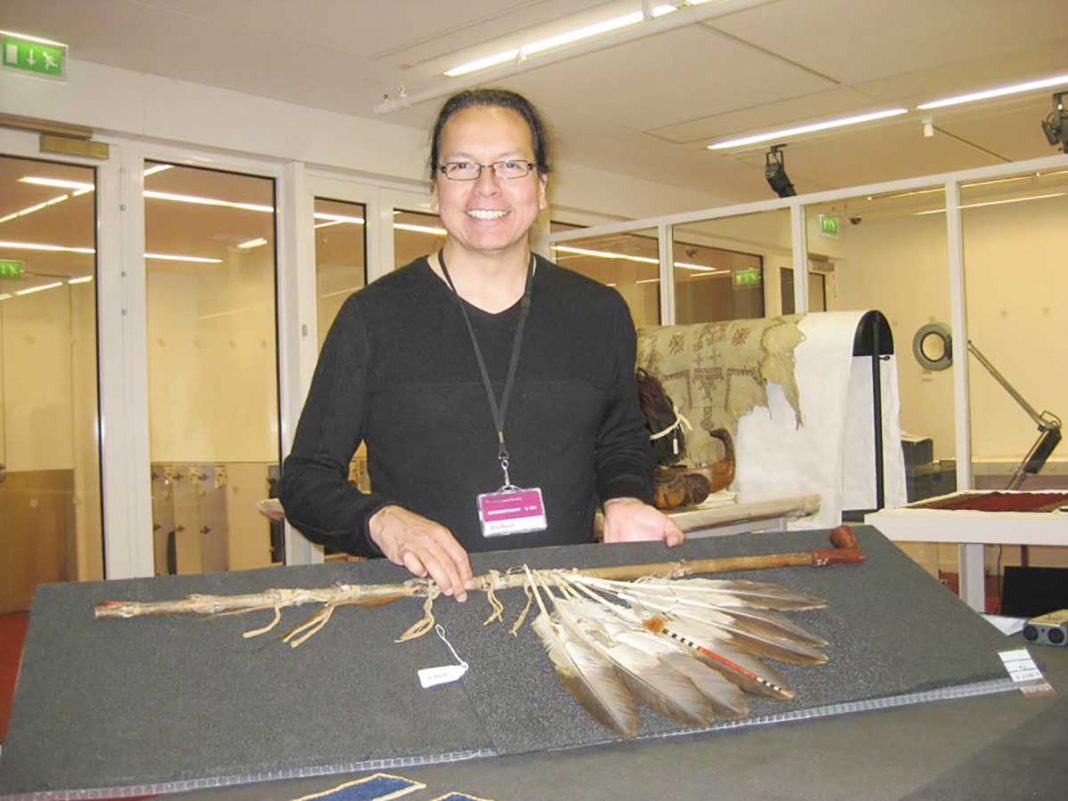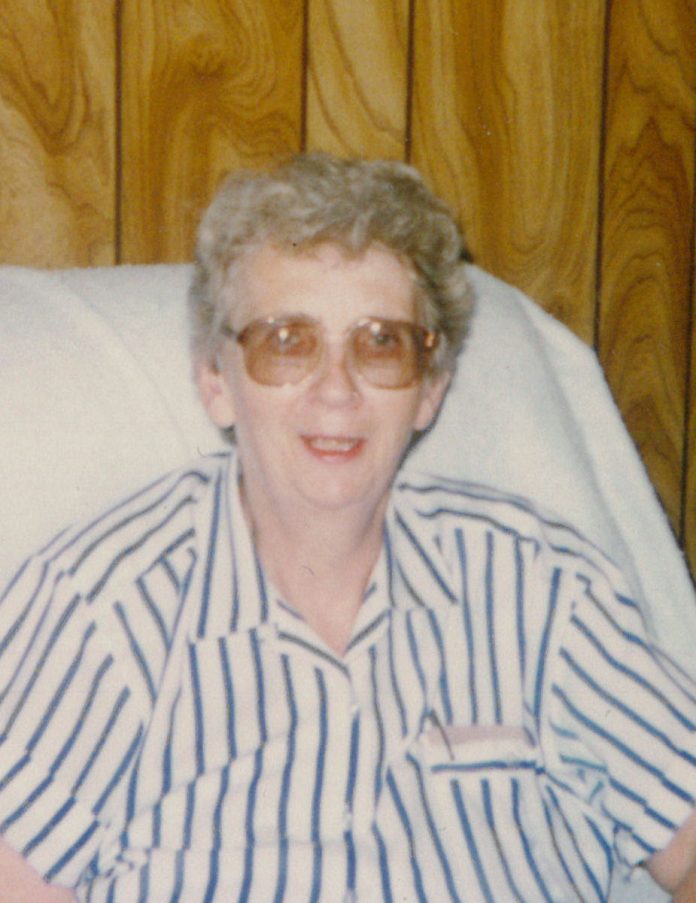Historian also applying to become Canada Research Chair
TORONTO – M’Chigeeng historian and researcher Alan Corbiere has had a busy year—in addition to getting his PhD at age 50, he has secured an associate professorship at York University, a tenure-track posting that he hopes to turn into a Canada Research Chair (CRC) position.
His colleagues had been suggesting for years that he should go for his doctorate and Dr. Corbiere had begun to consider it. At a conference, he got the final push he needed—his supervisor Carolyn Podruchny called him over to look at her laptop which had all of the application forms half-filled out. He just had to add the missing information and it was ready to submit.
“I really wouldn’t have applied otherwise. People kept saying ‘do it,’ but I was always too busy with the work I was doing in my community,” said Dr. Corbiere.
He also secured a Canadian Social Science and Humanities Research Council grant and received three years of funding for the work.
“I was really looking forward to dedicating three years to it. That’s why I went in for it, I felt I had done a lot of research but didn’t have the time to pull it all together,” he said, referring to past projects such as the Ojibwe Cultural Foundation newsletter, the organization where he served as executive director for five years.
“I wanted to wrap up all those bits and pieces into one big thesis,” he said.
The average length for a doctoral degree is five to six years, though every education is unique. Owing partly to his past research in Anishinaabe history, Mr. Corbiere became Dr. Corbiere on September 30, 2019, only two years after he began his thesis.
Conducting a major research project such as this was never an option for Dr. Corbiere while at the OCF because he was constantly writing funding applications on an annual basis. It led to a feeling of burnout.
Dr. Corbiere then took up a position at M’Chigeeng’s Lakeview School where he developed the Anishinaabemowin revival program. He had a personal desire to revitalize the Ojibwe language for the next generation—his parents spoke in Ojibwe to each other but only spoke in English to their children.
“One day when I was a teen, my dad was talking to me and started speaking in Ojibwe. Then he says, ‘you don’t understand what I said, eh?’ I said no, and he responded ‘I should have taught you our language.’ That stuck with me,” said Dr. Corbiere.
Years passed. Dr. Corbiere met his wife and were soon expecting their first child, but he could not yet speak Anishinaabemowin.
“I realized then that all my ancestors, my parents, grandparents, great-grandparents, they all spoke Ojibwe. I could sit there and blame (my parents), or I could do something about it. So that’s what I tried to do. Unfortunately, I wasn’t fast enough to pass it down to my kids,” Dr. Corbiere said.

He deeply immersed himself in building language-teaching tools at Lakeview School. Few Ojibwe teaching materials existed then but many more have appeared in the years since.
The Lakeview School position brought him closer to elders and let Dr. Corbiere attend numerous conferences.
“I felt like I had accumulated a lot of different files about different oral traditions. I just wanted to sit down with a place to think and try to write this all out and put it all together,” he said.
A key difference he has found is that Anishinaabe history tends to be place-based, whereas a western approach to history is more time-based. He turned to the language to better understand how traditional stories created meaning for generations.
“I’ve been looking at the recordings of elders, typing out what they say in Ojibwe, coming up with a translation and analyzing it, but there are also archival documents written in Ojibwe that I actually have to process,” said Dr. Corbiere. “I want to make a documentary record of what the elders are saying in Ojibwe—if you studied German history, you would be required to know the German language.”
He said cultural norms are deeply tied to language and written traditions, but Anishinaabe history is heavily oral-based. Dr. Corbiere has been advocating for more books written in the language and has met some resistance from traditionalists who say the oral tradition should remain as it is.
“The thing I see happening, when it’s a purely oral tradition, we stand to lose more of what the elders have to share at this point in Ojibwe if we don’t record it and work with that,” he said.
Dr. Corbiere hopes to turn this assistant professorship in Indigenous History through York University’s history department into a CRC position, and will have to apply to the federal government for that designation.
“If I get the CRC, what that will allow me to do is get a reduced teaching load at the university so I’ll be able to conduct the research I’ve been trying to do for the last number of years. And, I’ll have time to write it up instead of working on proposals and reports,” he said.
Dr. Corbiere is presently refining the proposal within York University. He will submit his application in April and it could take as long as six months before he hears a result.
His proposal recognizes that the majority of Native history available right now is multidisciplinary; that archaeologists, anthropologists, historians and linguists have been writing about Indigenous peoples.
“The majority of the source material for Native history is written by priests, fur traders and Indian agents. Although people recognize or say there is an oral tradition that holds a lot of answers, I don’t see that we have a great amount of materials to draw from yet,” said Dr. Corbiere.
His goal, after five years of study, is to increase the amount of records and Anishinaabe elder perspective records written in the language, written in the way Indigenous peoples describe it themselves.
The OCF connection has returned into his life—he recently found out it has partnered with York University to digitize OCF-held recordings of 1980s-era interviews with elders. Dr. Corbiere will be able to reference these for his research.
For someone whose future goals as a young person had nothing to do with history (he was more interested in becoming a Maple Leaf or a famous rock musician), Dr. Corbiere has certainly come a long way to getting his PhD and pursuing a Canada Research Chair position.
“I give so many thanks to Carolyn Podruchny. She was a tremendous help in getting into (and through) the program,” said Dr. Corbiere.
He also credited the elder advisory committee at Lakeview School for supporting his language project and changing the way he thought about history. Those members were the late Lewis Debassige, the late Nancy Debassige, Ted Corbiere, Evelyn Roy and Melvina Corbiere.




